Ancient cruel punishments: female offenders were subjected to the punishment of pounding grain and having characters carved into their faces.
In ancient society, punishment, as a means of punishing criminal behavior, took various forms. Among them, the punishments for women were particularly cruel, such as the Ch'ung punishment and facial tattooing. These punishments not only brought physical pain to the victims, but also caused great psychological trauma.

Ch'ung punishment, also known as the pounding punishment, was a form of corporal punishment specifically targeting female criminals in ancient times. According to the "Zuo Zhuan," Ch'ung was a punishment that involved placing women in a mortar and using a pestle to pound their bodies. This punishment inflicted immense pain on the victims, potentially leading to severe internal injuries or death. In ancient times, Ch'ung punishment was often used to punish women for serious crimes such as adultery or murdering their husbands.
Facial tattooing, also known as Qing punishment, involved inscribing the criminal's offense on the face. For women, this punishment was undoubtedly a great humiliation. In ancient times, facial tattooing was commonly used for crimes such as theft and adultery. The victims not only had to endure physical pain, but also bear psychological pressure, as the tattoo on their faces was difficult to remove, leaving them branded as criminals for life.
These cruel punishments were considered effective deterrents for crime at that time, but they actually inflicted irreparable harm on the victims. As society progressed, people gradually recognized the brutality and inhumanity of these punishments. In modern society, these ancient punishments have been abolished, replaced by more civilized and reasonable legal systems.
Today, we should view these cruel punishments in history with a more tolerant and understanding attitude, while also cherishing the progress of modern society and the protection of human rights. By understanding ancient punishments, we can gain a deeper understanding of the development of human civilization and the progress of the rule of law, thereby contributing to building a more just and harmonious society.
Disclaimer: The above content is sourced from the internet and the copyright belongs to the original author. If there is any infringement of your original copyright, please inform us and we will delete the relevant content as soon as possible.
Guess you like it
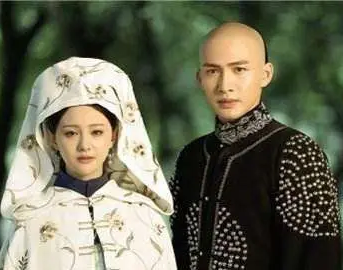
Nalan Rongruo: a perfect fusion of talent and melancholy
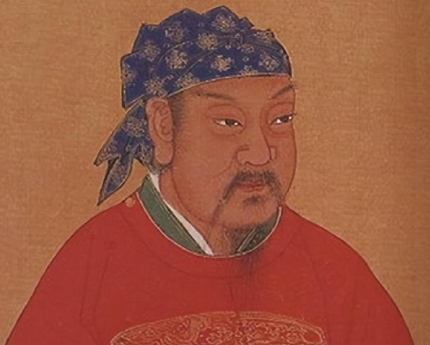
Liu Yu: starting from nothing, he founded the Southern Song Dynasty of the Southern Dynasties.
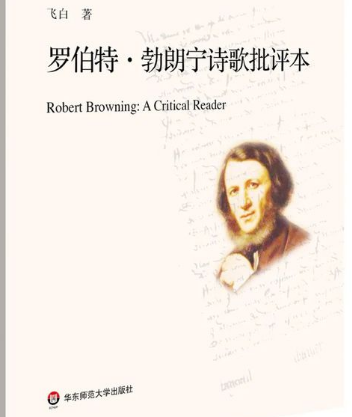
What are Brownings most famous poems? What are they like?

Who is Lu Qian? What is his courtesy name?
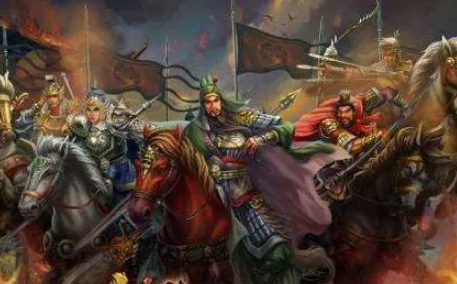
Descendants of the Five Tiger Generals: The Glorious Legacy of Inheriting Ones Fathers Profession
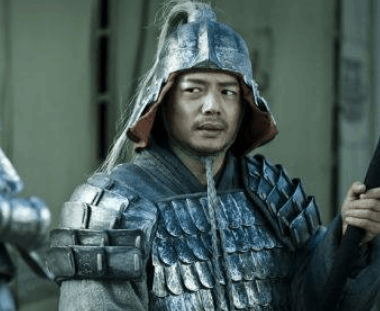
Solely hailed as the "War God" of generals: Unveiling Han Xins military prowess and wisdom.

How are Robert Brownings works? How were they created?

Li Yuan, the first emperor of the Tang Dynasty: An underappreciated founding monarch in history?
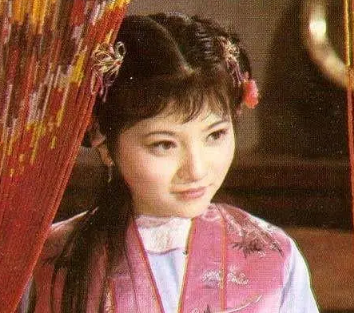
The marital status of concubines in ancient times

What nationality is Rob Browning? Where was he born?









